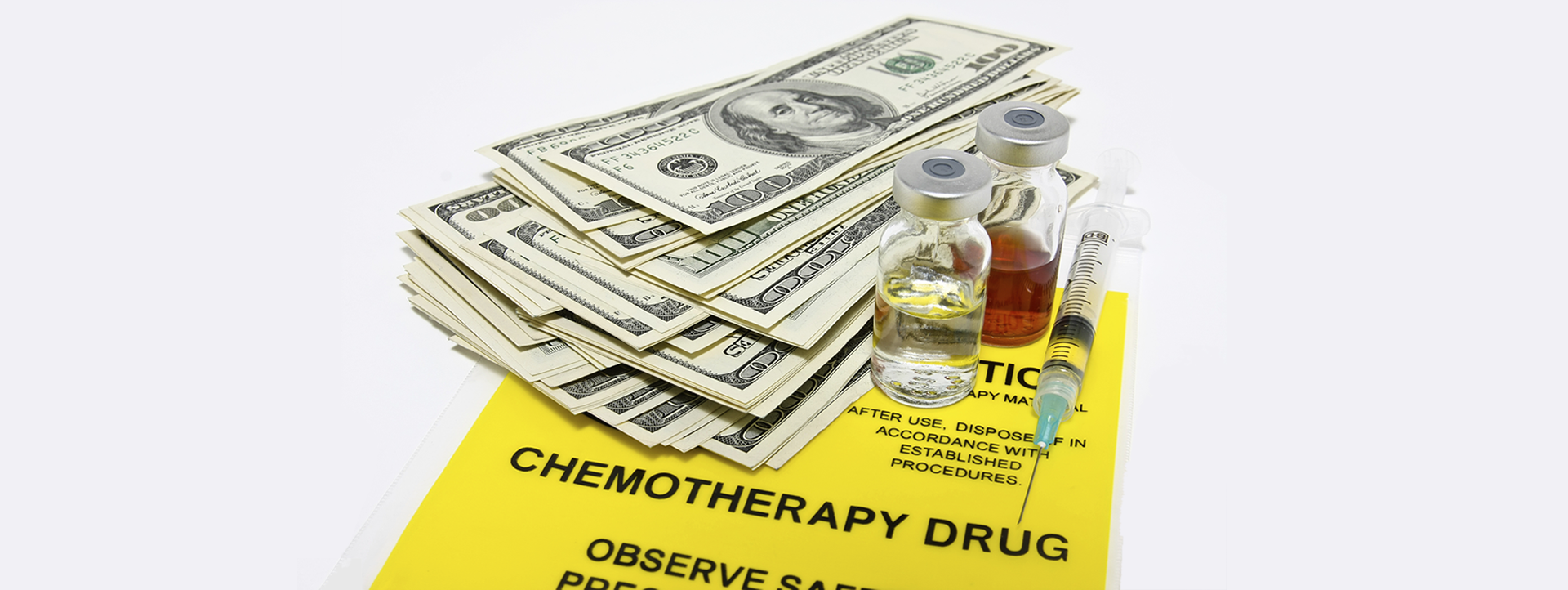Patients Before Profits
Beat Cancer Sooner – Put Patients Before Profits
THE PROBLEM
The pharmaceutical industry plays a vital role in turning new discoveries from research laboratories into new treatments for cancer patients. This process can take many years and many millions of dollars of investment. It is therefore not surprising that pharmaceutical companies only want to invest in opportunities where there is a good probability of generating a high return on an investment. To help encourage investment, new drugs are subject to patent protection for a period of 20 years, giving the drug companies exclusivity on the drug once it comes to market, typically 8-10 years after the applying for the patent, and therefore the ability to set prices at any level. After the patent expires, other drug companies are allowed to develop and market their own versions of the drug and prices typically fall by over 75%, as drugs don’t usually cost very much to make.
While it is important to recognise the huge positive contribution the pharmaceutical industry has made to improving healthcare, there are a number of problems with the current model for drug development that disadvantage patients:
- there are no controls to ensure that prices for new drugs reflect costs, so without competitive market forces, drug companies can (and do) set prices with very big profit margins
- there is limited incentive to invest in new drugs that only have a small potential market
- there is no incentive to invest in research and development of substances or treatments that can’t be patented, as competitors would be able to produce generic alternatives for a much lower cost
- there is no incentive to deliver new drugs with significant therapeutic benefit, as this limits the opportunity to develop successor drugs once patents expire
All of these issues arise as a consequence of fundamental conflicts of interest between the needs of patients and the needs of shareholders who fund the pharmaceutical companies, which leads to decisions and plans based on commercial potential rather than just therapeutic potential.
THE PROPOSAL
The Dying for a Cure campaign is calling for change to address this. We need to stop treating cancer like a money-making opportunity and start treating it like the humanitarian crisis it is.
We want the UK Government to:
- acknowledge the conflicting goals of those developing cancer drugs and those who need them
- better regulate the pharmaceutical industry to protect cancer patients’ interests
- ensure that cancer drug prices reflect costs and the public contribution to their discovery
- find ways to reduce the costs of bringing new cancer drugs to market to ease prices
- publicly fund promising cancer treatments that fail to attract private investment
- work with the World Health Organisation to consider alternative drug development models
- work with other countries to agree a goal and timeframe to cure the majority of cancers

